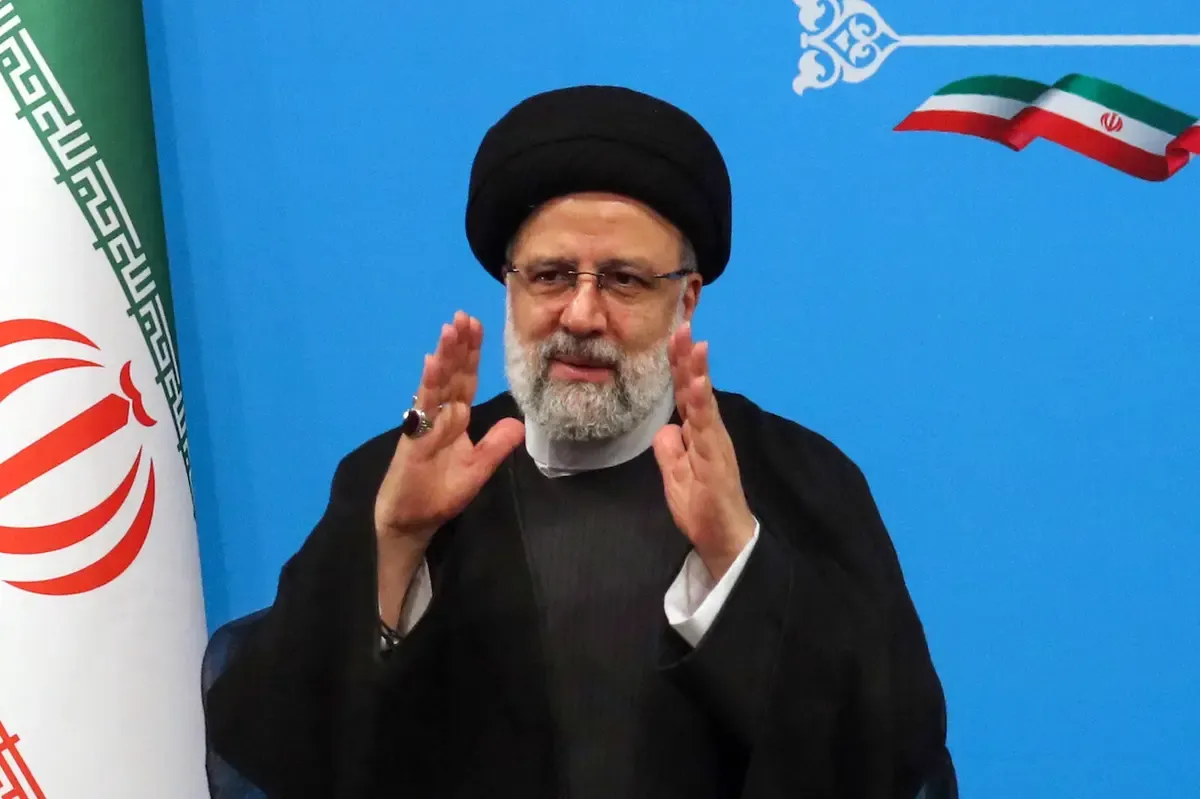Table of Contents
First, it was the Washington Post, describing a murderous terrorist leader as an “austere religious scholar”. Then it was CNN, wittering about “mostly peaceful protests” – literally against a backdrop of flaming cars and buildings.
Now it’s the turn of the BBC – surprise, surprise.
The BBC has come under fire as shocked readers have demanded the broadcaster to be “defunded” after an article by the corporation described late Iranian president Ebrahim Raisi’s legacy as “mixed”.
They’re talking about, they might have remembered, the fellow widely known as the “Butcher of Tehran”.
Several readers used the “add context” [on X] feature to point out: “Ebrahim Raisi’s nickname was the ‘Butcher of Tehran’ as a result of his mass murder and brutal torture of political dissidents”.
Another added: “His victims, numbering in the thousands, included children.”
GB News
Yes, well, say what you will about that Hitler fellow, he built some good roads and cars. He even funded innovations in chemistry. We’ll call it a mixed legacy, shall we?
What positives, exactly, did the BBC find in Raisi’s “mixed legacy”?
His supporters would point to Iranian state media’s depiction of Raisi as the president of the unprivileged and poor.
State media’s depiction. So, propaganda.
Despite this, the economic situation in Iran worsened and hardliners imposed harsher restrictions on freedom of speech, as well as a stricter dress code on women.
BBC
So, that’s it: that’s the sum total of the good bits the BBC could find: he was really good at propaganda.
In response to the BBC article, MP Andrea Jenkyns took to X to argue: “I have been campaigning for 4 years to #DefundTheBBC.”
GB News
Yet, even as the state-funded broadcaster publishes obvious nonsense to pander to violent Islamic fanatics, the state-funded regulator is attacking a private media company.
For the heinous sin of holding an open forum with the Prime Minister.
“Our live programme gave an independently selected group of undecided voters the freedom to challenge the Prime Minister without interference.
“They did this robustly, intelligently, and freely. Their 15 questions, which neither we nor the Prime Minister saw beforehand, kept him under constant pressure and covered a clearly diverse range of topics. These were their words on the issues that mattered to them.
“Among many other challenges, the Prime Minister was criticised over the ‘chronic underfunding’ of social care, the housing shortage, the likely failure of his government’s Rwanda plan, the betrayal of those injured by the Covid vaccine, and asked why the LGBT community should vote for him.
“We cannot fathom how Ofcom can claim this programme lacked the ‘appropriately wide range of significant views’ required to uphold due impartiality.”
GB News
An “appropriately wide range of significant views” means asking arts grads from both Oxford and Cambridge to agree with each other. They’re the only views the BBC and Ofcom consider “significant”. If they wanted the views of a bunch of smelly oiks, they’d give them to them.









